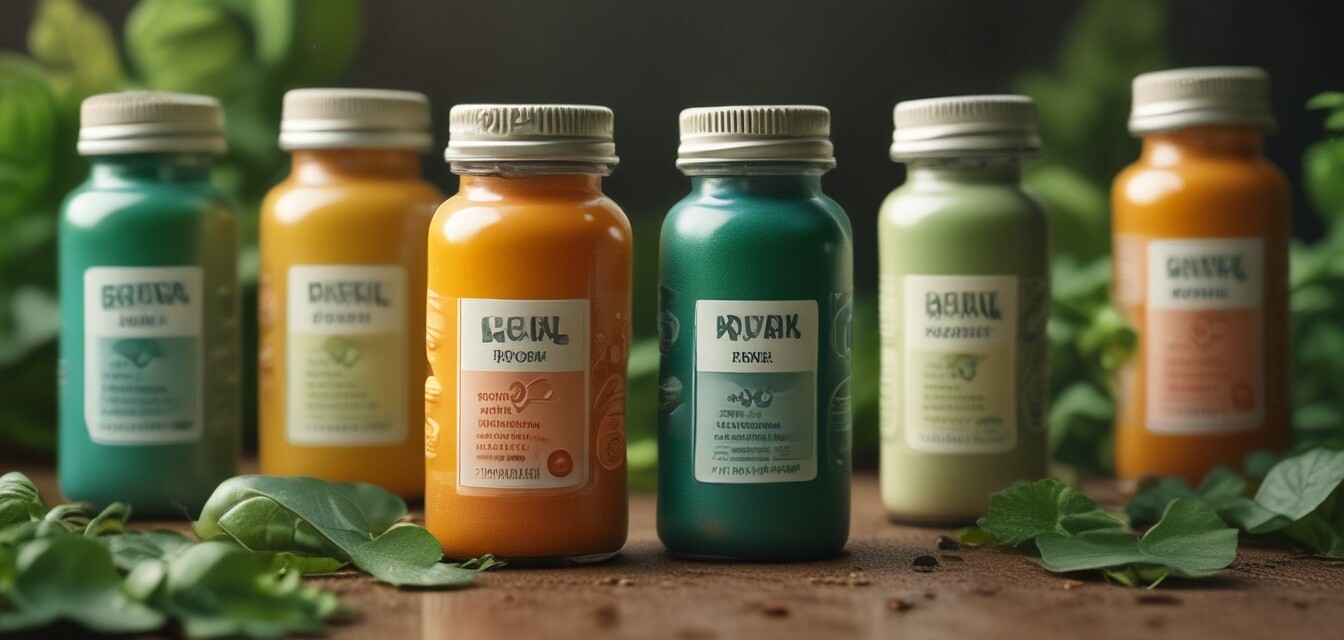
The Rise of Sustainable Prenatal Vitamins
- Sustainability in prenatal vitamins is becoming a growing trend.
- Brands are focusing on eco-friendly production and packaging practices.
- Consumers are increasingly aware of the environmental impact of their choices.
- Transparency in sourcing ingredients is a priority for many consumers.
In recent years, there has been a noticeable shift in consumer behavior, particularly regarding health and wellness products. As more individuals become environmentally conscious, the demand for sustainable prenatal vitamins is on the rise. This trend not only emphasizes the importance of nutrition during pregnancy but also highlights the crucial role that eco-friendly practices play in prenatal vitamin production and packaging.
Why Sustainability Matters in Prenatal Vitamins
For expectant mothers, choosing the right prenatal vitamins is essential for both their health and the health of their growing babies. However, as climate change and environmental issues become increasingly pressing, many consumers are looking beyond the nutrient profile of these vitamins. They are also considering how these products impact the planet.
The Environmental Impact of Traditional Vitamins
| Aspect | Traditional Vitamins | Sustainable Alternatives |
|---|---|---|
| Production | May involve harmful chemicals and non-renewable resources. | Utilizes natural ingredients and sustainable farming practices. |
| Packaging | Often uses plastic and non-recyclable materials. | Uses biodegradable or recyclable packaging materials. |
| Sourcing | Ingredients may be sourced unsustainably. | Focus on ethically sourced and organic ingredients. |
Trends Driving Sustainability in Prenatal Vitamins
- Increased Awareness: Consumers are more aware of the environmental impact of their purchases and are seeking products from brands that prioritize sustainability.
- Regulatory Changes: New regulations are encouraging companies to adopt greener practices and reduce their carbon footprint.
- Corporate Responsibility: Brands are increasingly recognizing the importance of corporate social responsibility (CSR) and its role in building consumer trust.
- Innovation: Advances in technology allow for more efficient production methods that reduce waste and energy consumption.
Brands Leading the Way
Many brands are stepping up to meet this new demand for sustainable prenatal vitamins. Here are some of the most notable efforts:
| Brand | Sustainable Practices |
|---|---|
| Brand A | Uses 100% recyclable packaging and organic ingredients sourced from local farms. |
| Brand B | Offers refillable containers and commits to zero waste production. |
| Brand C | Implements sustainable sourcing and features minimalistic packaging with soy-based inks. |
Consumer Expectations for Sustainable Prenatal Vitamins
As consumers become more discerning, their expectations for sustainable prenatal vitamins are evolving. Here are the top considerations:
- Transparency: Brands must provide clear information about their sourcing, production, and environmental impact.
- Ingredient Quality: Consumers want high-quality, organic ingredients free from artificial additives.
- Eco-Friendly Packaging: Biodegradable or recyclable packaging is becoming a must-have feature.
- Community Involvement: Many consumers appreciate when brands give back to their communities or support environmental initiatives.
Tips for Choosing Sustainable Prenatal Vitamins
- Look for third-party certifications (like organic or non-GMO seals).
- Research the company's commitment to sustainability.
- Verify packaging materials and their recyclability.
- Choose brands that source ingredients ethically.
Conclusion
The rise of sustainable prenatal vitamins is a reflection of a broader societal shift toward conscious consumerism. As expectant mothers become increasingly mindful of their environmental impact, brands that prioritize sustainability are well-positioned to meet this emerging demand. By making informed choices, consumers can support both their health and the health of the planet.
For more information on prenatal health and tips for a healthy pregnancy, check out our Healthy Pregnancy Tips section. And stay updated on the latest trends by visiting our News and Trends category.
